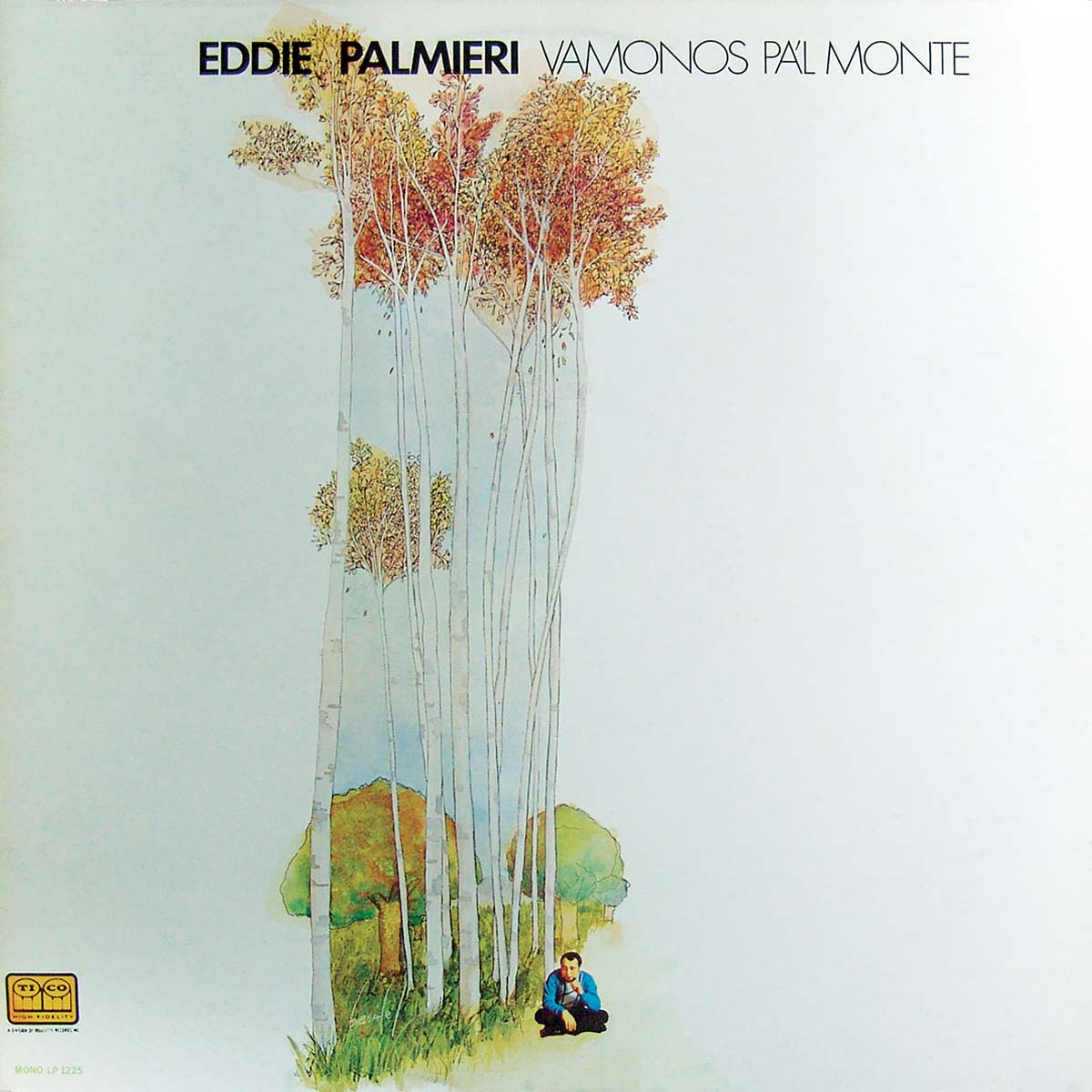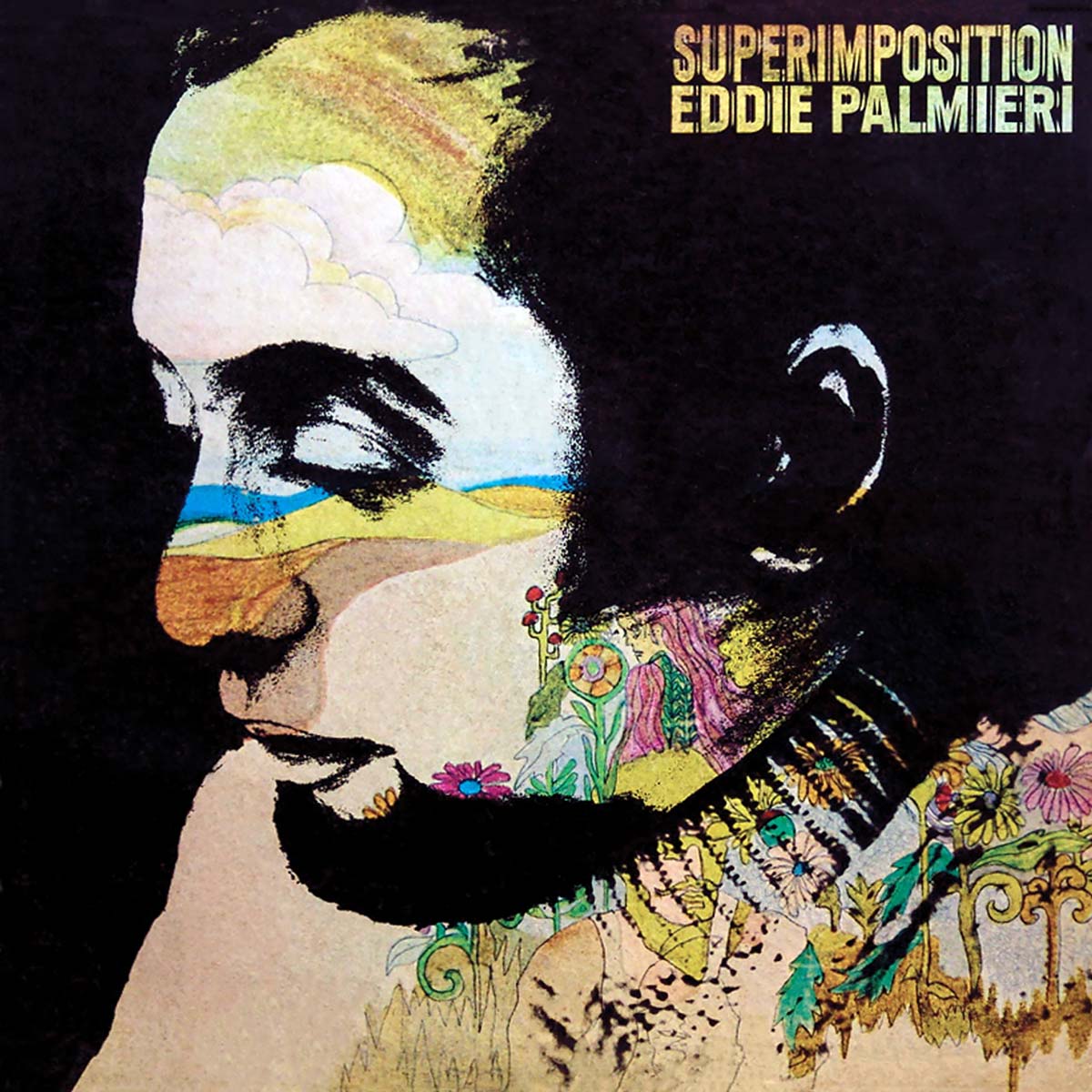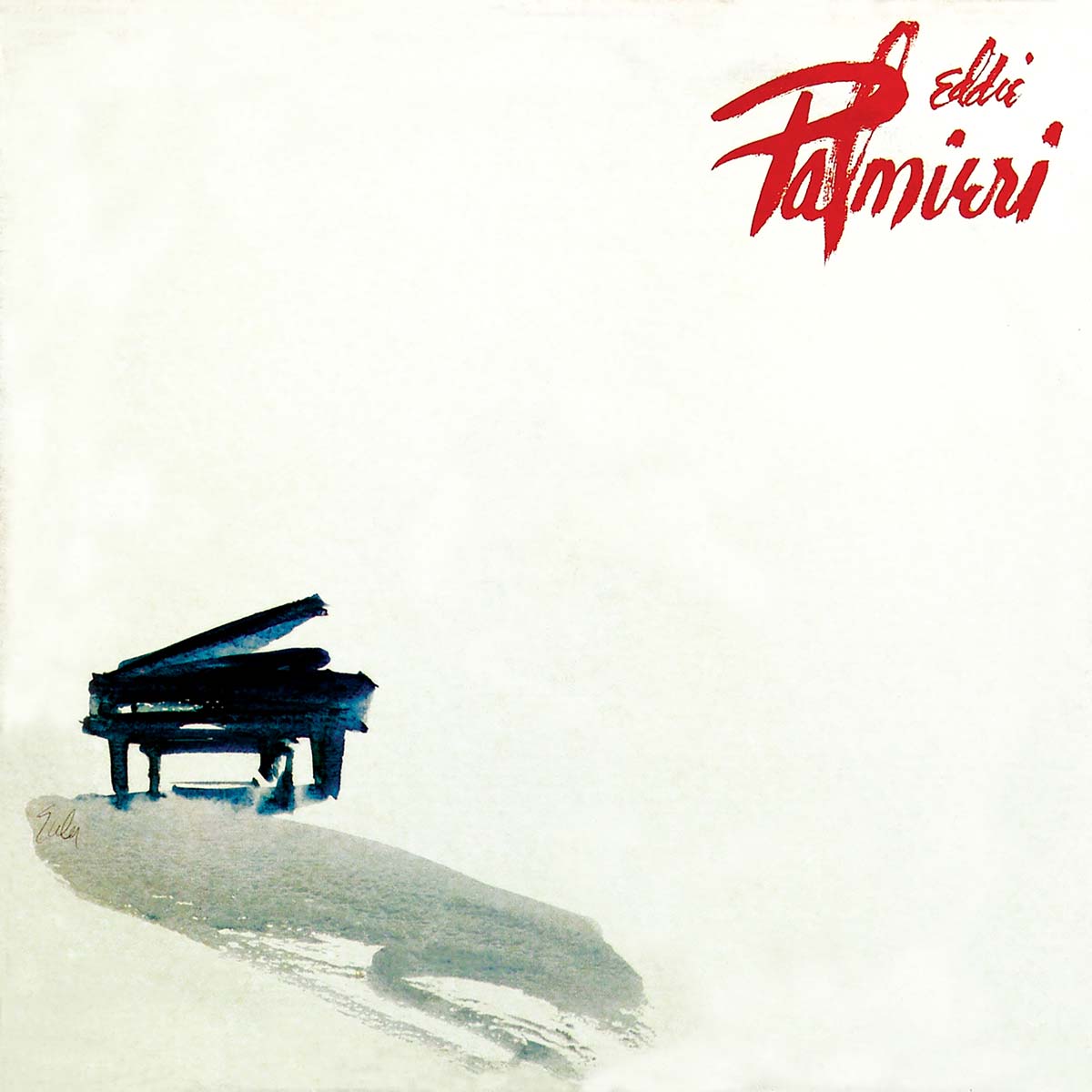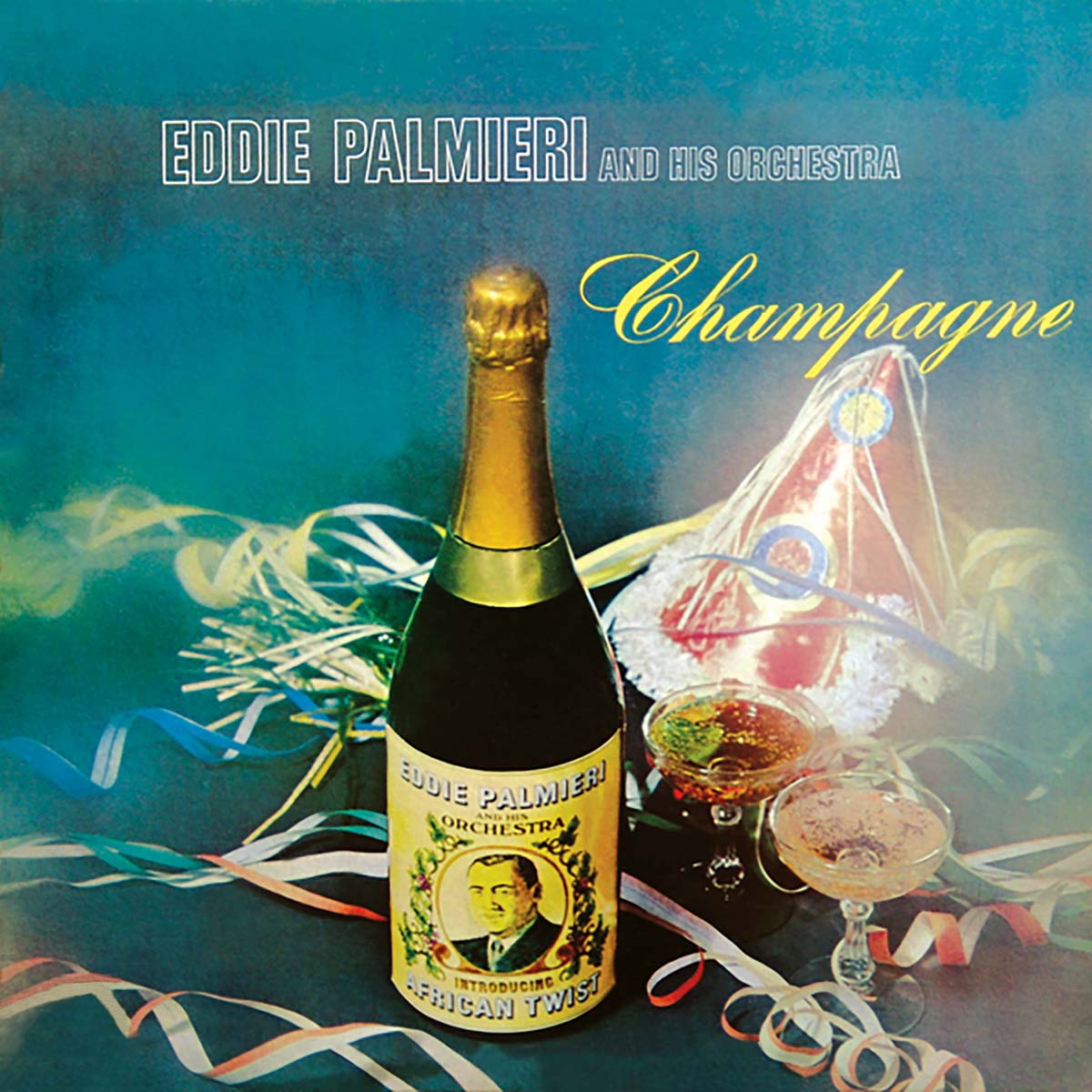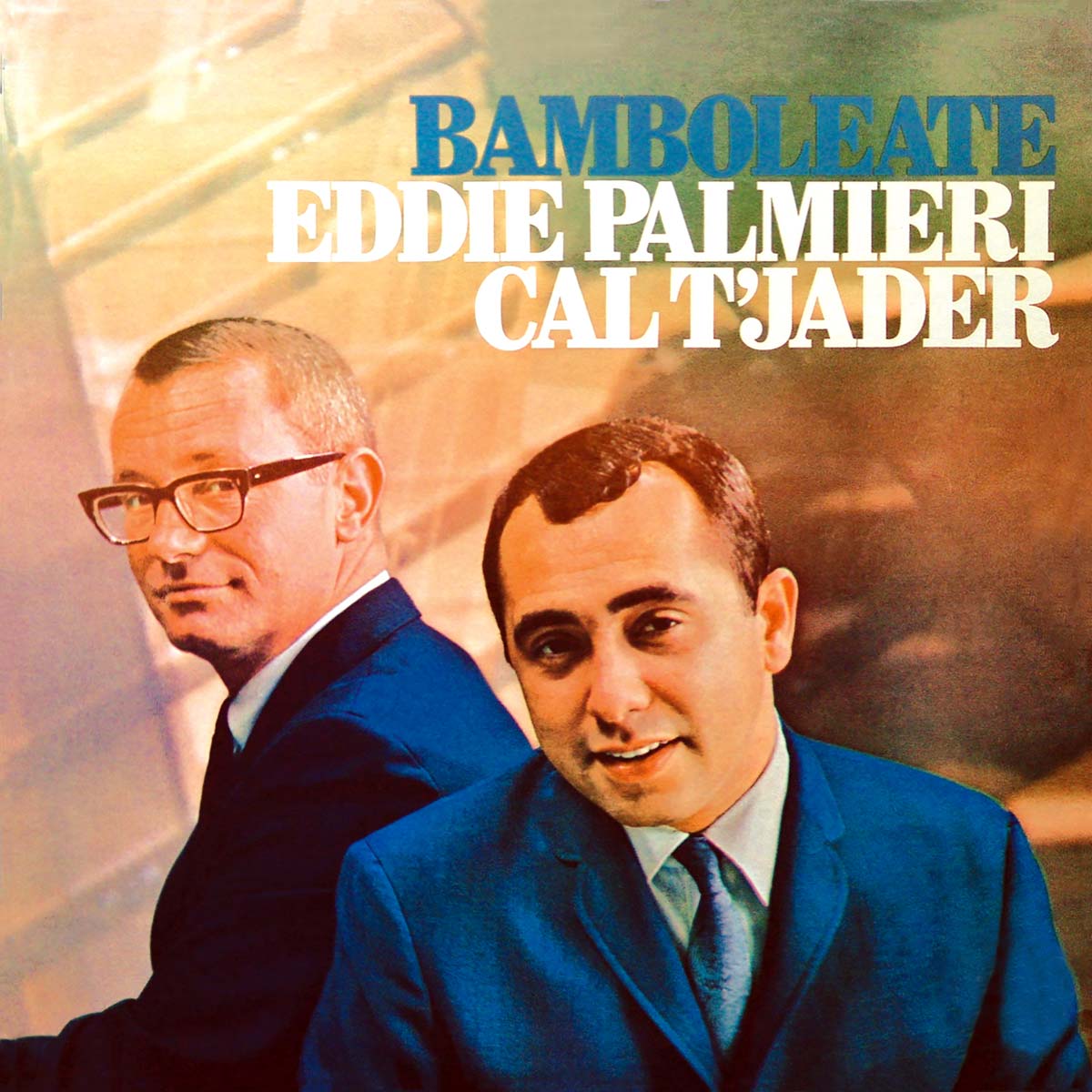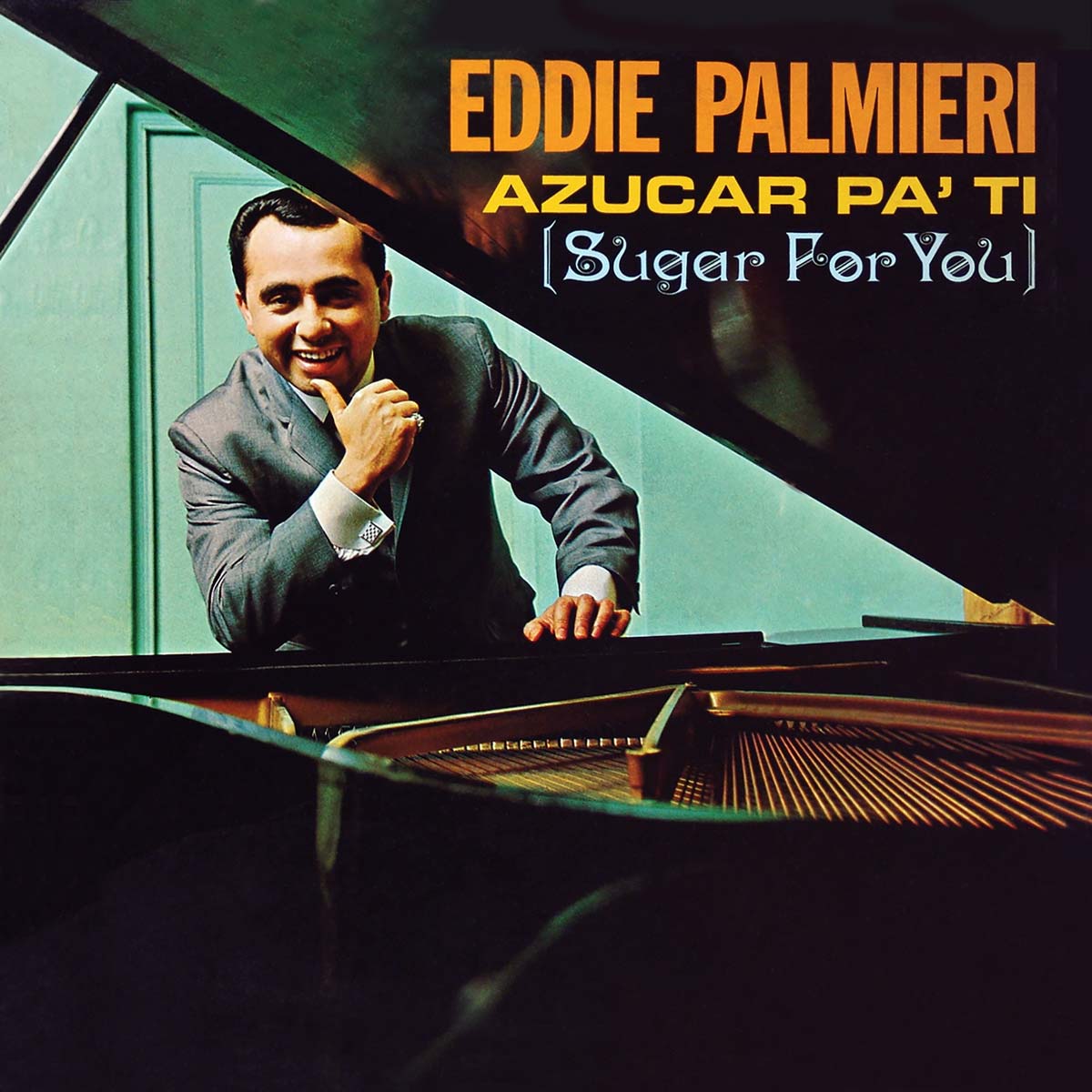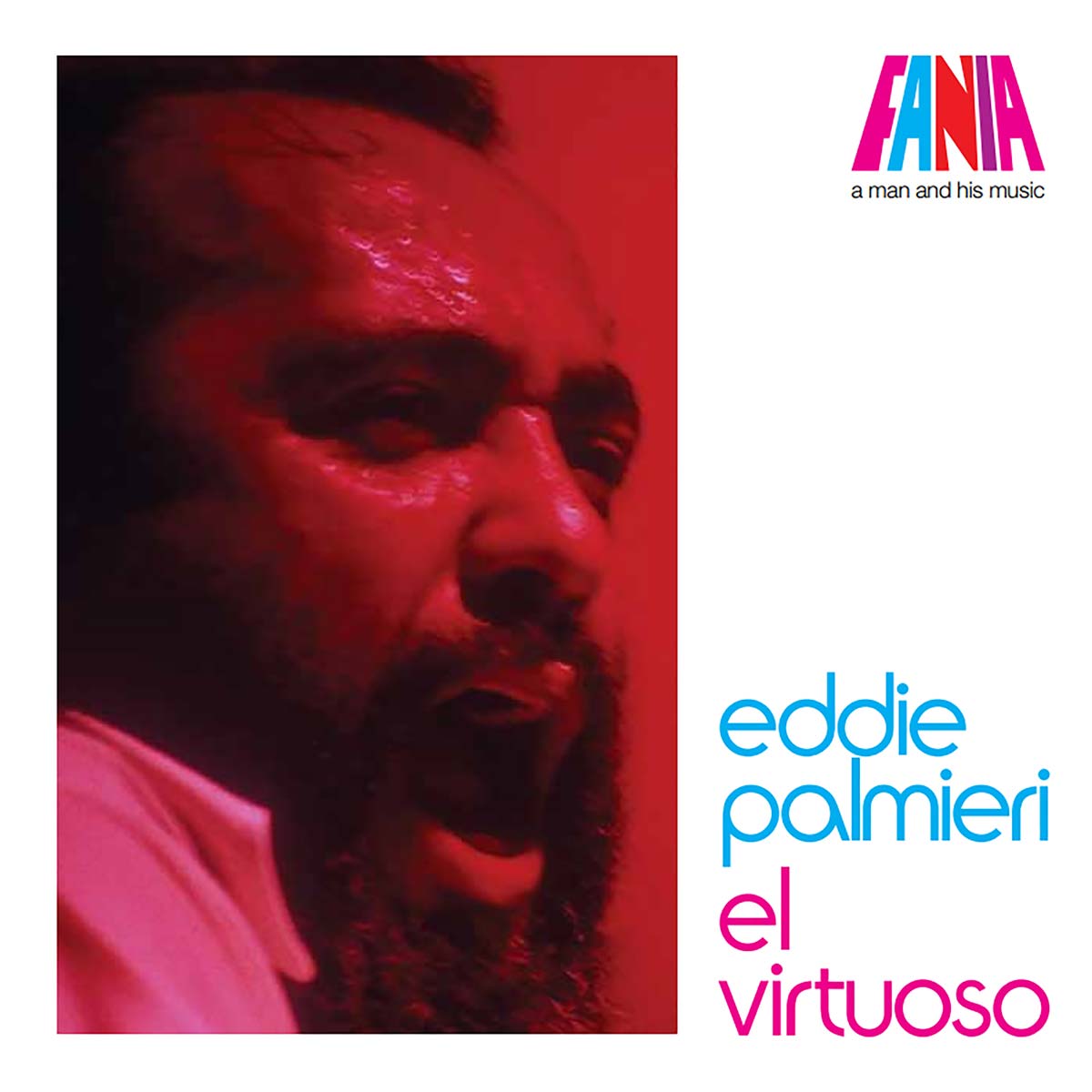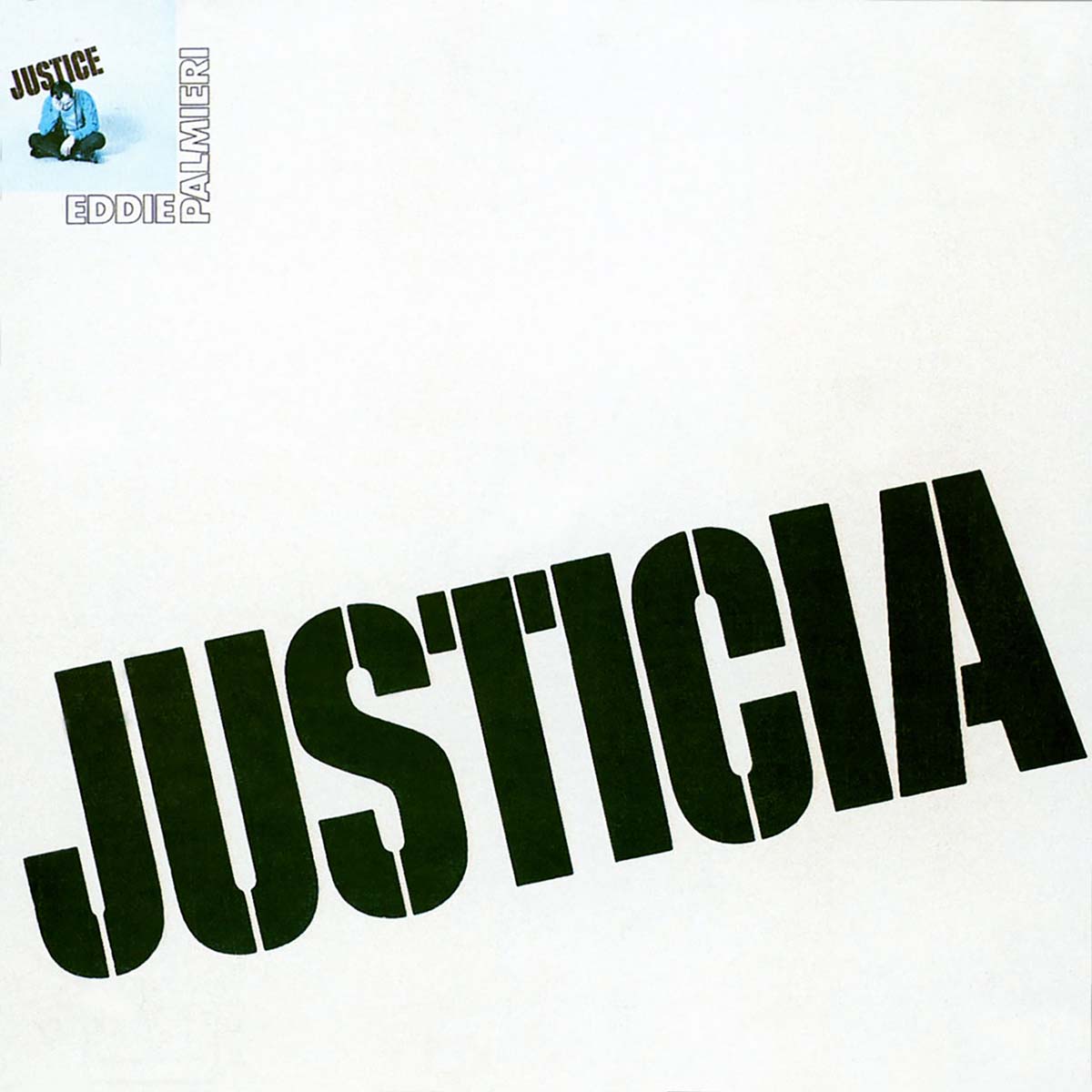
A transitional period for both “El Rumbero Del Teclado” Eddie Palmieri and the society that was changing, 1969 marked historical timelines that transformed nations. Hundreds of thousands were already taking to the streets in protest of a controversial war.
Woodstock became the counter culture concert with half a million hippies and flower children taking center stage on the news. Richard Nixon was elected President while Easy Rider premiered in the movies. The NY Mets won the World Series while the black Brazilian, “Pelé” made worldwide headlines. 747 jets made their debut in the skies. The Beatles released their last recording together while John & Yoko conducted a “bed-in” for the media. Jennifer Lopez was born 1969, the same year that NASA put the first man on the moon.
Back on earth, a young Eddie Palmieri was tormented. Featured on the left hand cover of this groundbreaking recording wearing a knit sweater, cross-legged with his head in his hands, Eddie gives us music that comes from this time of transition. A thinking man’s musician, Eddie was one of the first to enter the penitentiaries bringing free music to the forgotten. He marched with Cesar Chavez and played benefits for his and many other organizations. He was among the first to record live from the student campus of Puerto Rico and played many fund-raisers for activists that had impact on an awakening Latino community.
While the swing and funky dance formats remain in tact, Eddie takes us one step further nurturing our minds with messages of activism within the soul quenching musical waters that in this recording, also remind us of our history in both Puerto Rico and Cuba with Rafael Hernandez’ “Amor Ciego” and Ignacio Piñero’s “Lindo Yambu”. The opening number, written by both Eddie and his vocalist, Ismael Quintana, calls for justice. It starts off innocuous enough until Quintana comes in with the vocals calling for harmony, fellowship and equality in the world. The coro comes in stronger, asking when justice will come followed by Eddie’s solo. A driving rhythm as aggressive as the times they were written in, “Justicia” was the battle cry for urban Latinos looking for identity while they carved out their place in a hostile society.
All this in a dance style format as irresistible to dancers as it lyrics were to protestors. The instrumental “My Spiritual Indian”, is born of the New York, Puerto Rican urban style that has become the mark of Eddie Palmieri. Mixing mozambique with soul, jazz and R&B, the number starts with a lone piano backed by an electric guitar in the background. Eddie’s experimentation with fourth chord harmonies ala McCoy Tyner in a modal sequence (staying in one key) reminiscent of Miles Davis are evident in this recording. The ‘bones add a comparsa feel. An almost indistinguishable coro sings about La India…. making for an inspirational number that cooks up all the elements of Latin N. Y. culture of that time. “Everything is Everything” is in the style of a Ramsey Lewis number albeit one of the few times you’ll ever hear Eddie Palmieri sing, and in English. But pay close attention to what he’s saying here because everything is not everything as its title implies.
The West Side Story cover, “Somewhere” begins with a 23 second sung intro featuring the voice of guitarist Bob Bianco and Eddie’s piano prefacing the “Verdict on Judge Street” tune. A jazzy instrumental featuring the drumming of Robert Thomas, the bass of Lawrence Evans and the electric guitar of Bianco recall the flavor of Vince Giraldi through its avant guard progression until its ending takes us back to the solo piano intro. Picking up on the rest of Leonard Bernstein’s “Somewhere,” Bianco’s comforting tenor atop of Eddie’s tinkling leaves us with a hope filled rendition and finale to this masterpiece of resistance that emboldens us with history while igniting us to action with the diverse and eclectic musical elements of what was happening in the world during this time. Justicia will definitely take you there.
Credits: Piano & leader: Eddie Palmieri Trombones: Lewis Kahn, José Rodríguez, Mark Weinstein, Julien Priester Trumpet: Armando “Chocolate” Armentero Guitar: Bob Bianco (also sings “Somewhere”) Bass: David Hersher Lawrence Evans on “Verdict on Judge St.” Percussion: Timbales: Nicky Marrero Drums: Robert Thomas on “Verdict on Judge St.” Conga: Francisco Aguabella Conga & bongos: Chino Pozo, Ray romero Bongos: Manny Oquendo Claves: Roberto Franquiz Chorus: Elliot Romero, Justo Betancourt, Jimmy Sabater, Arturo Campa, Carlos “Caito” Diaz (Courtesy of La Sonora Matancera) Special cooperation to the artist: Brenda Melendez Produced by George Goldner Engineer: Frank. E. Dahm Technical consultant: Art Kaper Original Liner notes: Art Kapper; Original Spanish translation: Miguel Estivill Original Cover Photo: Warren Flagler Original Cover Design: Ely Besalel Recorded at Incredible Sound Studios
Written by Aurora Flores


